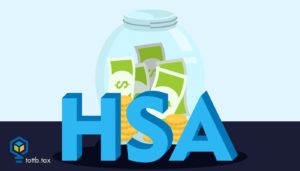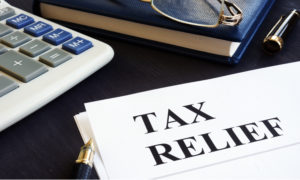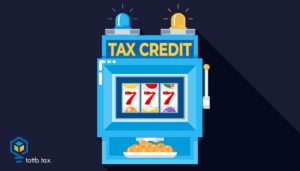
The Inflation Reduction Act Tax Credits Course
The Inflation Reduction Act of 2022 expanded existing energy credits and created brand new ones. There are now several new ways tax professionals can help taxpayers save thousands of dollars a year by planning for these tax credits. In this webinar, we will cover the credits likely to be used by individuals and small businesses. We will also discuss tax planning considerations and areas in need of additional guidance.

























